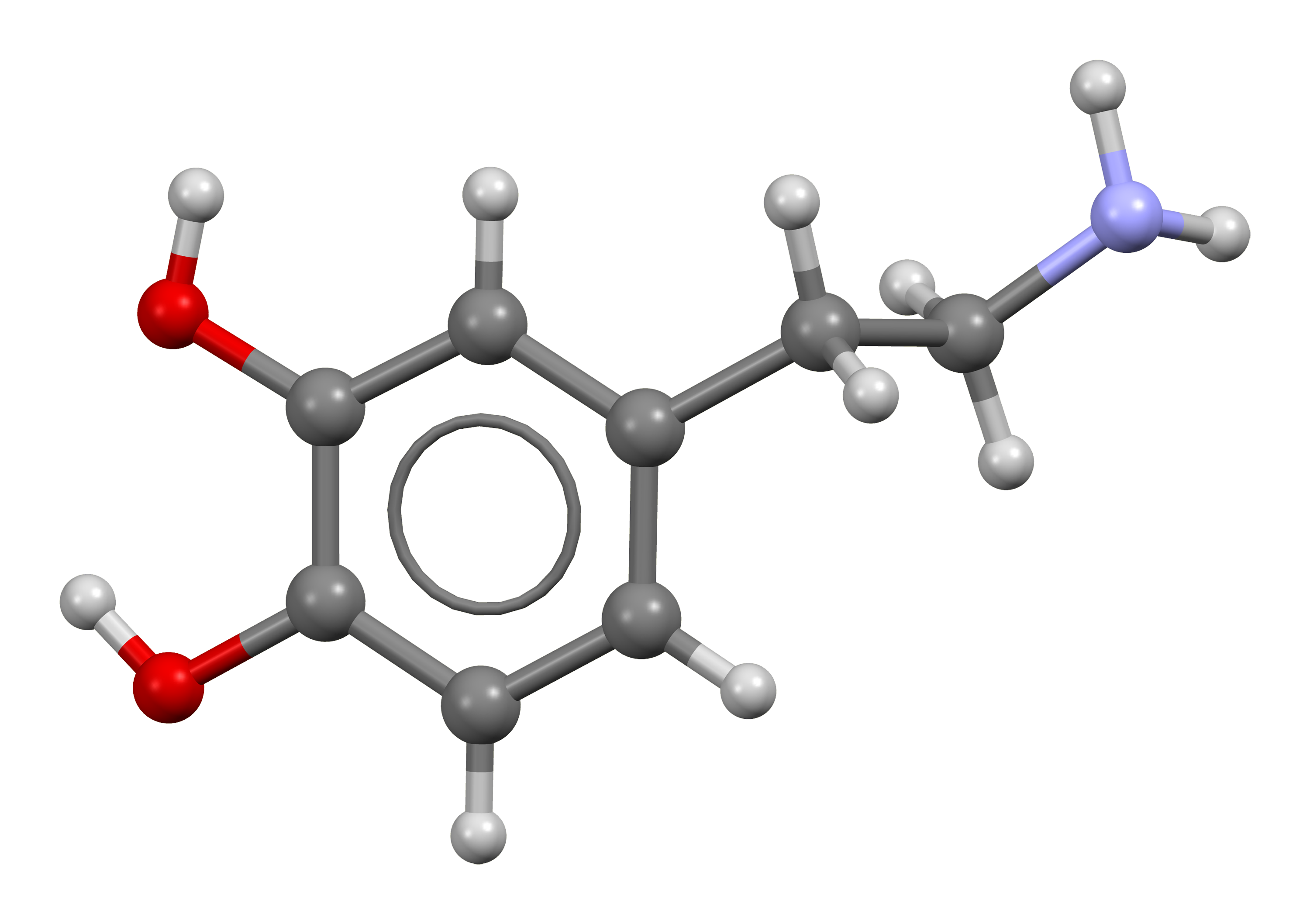Introduction to Dopamine
- Introduction to Neurotransmitters
- The Role of Dopamine
- The Role of Serotonin
- Interplay of Dopamine and Serotonin
- Competing Actions
- Collaborative Actions
- Conflicting Actions on Same Behaviors
- Complexity in Neuronal Combinations
- The Impacts of Therapeutic Drugs on Dopamine and Serotonin
- Dopamine, Serotonin and Mental Health
- Dopamine, Serotonin and Cognitive Functioning
- Settings, Synaptic Plasticity and Sensitization
- Prospects and Challenges in Dopamine & Serotonin Research
The Impacts of Therapeutic Drugs on Dopamine and Serotonin
Understanding Hallucinogens: Dopamine versus Serotonin

Organic chemical that functions both as a hormone and a neurotransmitter.
Hallucinogens are a class of drugs that cause profound distortions in a person's perceptions of reality, otherwise known as hallucinations. These drugs can be naturally occurring, such as psilocybin (found in certain mushrooms) and mescaline (found in peyote cactus), or synthetic, like lysergic acid diethylamide (LSD).
Mechanism of Action of Hallucinogens on Dopamine and Serotonin
Hallucinogens primarily affect the neurotransmitter serotonin, which regulates mood, sensory perception, sleep, hunger, body temperature, and muscle control. However, they can also impact dopamine, a neurotransmitter associated with pleasure and reward.
The exact mechanism of action of hallucinogens is complex and not fully understood. However, it is believed that these drugs work by temporarily disrupting communication between brain chemical systems throughout the brain and spinal cord. Some hallucinogens interfere with the action of serotonin by binding to and activating the receptors that naturally receive serotonin signals. This can lead to altered and unusual perceptions.
Differential Impact of Hallucinogens on Dopamine and Serotonin Levels
While hallucinogens primarily affect serotonin receptors, they can also influence dopamine levels, but to a lesser extent. For instance, LSD has been found to stimulate dopamine D2 receptors, which can contribute to its psychoactive effects. However, the primary action of LSD and other hallucinogens is on the serotonin system.
The differential impact on dopamine and serotonin by hallucinogens can lead to a wide range of effects, from changes in sensory perception to mood changes, and even profound existential or spiritual experiences. The exact effects can vary widely depending on the specific drug and dosage, as well as the individual's mindset and environment.
The Role of Hallucinogens in Psychedelic Therapy
In recent years, there has been a resurgence of interest in the potential therapeutic uses of hallucinogens. Psychedelic therapy, which involves the use of hallucinogens in a controlled and therapeutic setting, is being studied as a potential treatment for a range of mental health conditions, including depression, anxiety, PTSD, and addiction.
Preliminary research suggests that when used in this way, hallucinogens may help to create a "reset" of brain activity, allowing individuals to break free of destructive patterns of thought or behavior. This is believed to be linked to the drugs' effects on both the serotonin and dopamine systems.
However, it's important to note that while the therapeutic potential of hallucinogens is promising, these substances also carry risks, including the potential for dangerous interactions with other substances, and the possibility of severe psychological distress. As such, further research is needed to fully understand the benefits and risks of hallucinogens and their impact on our brain chemistry.